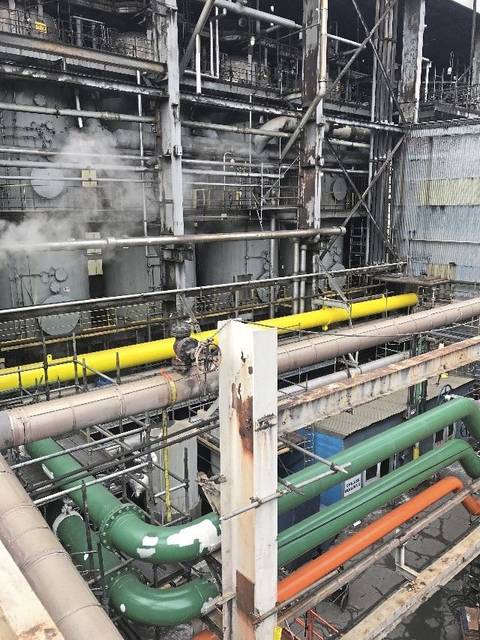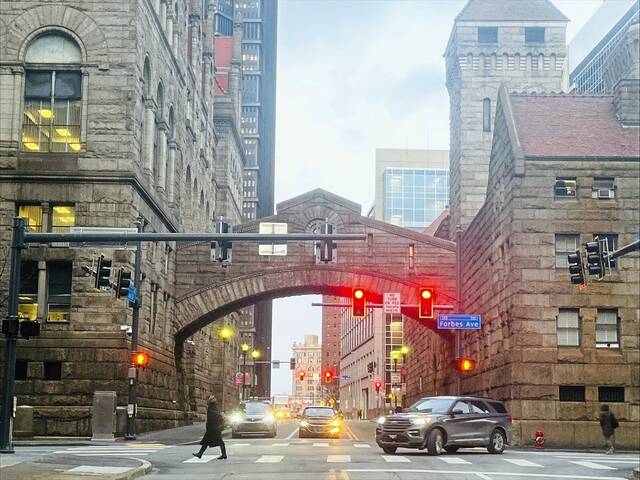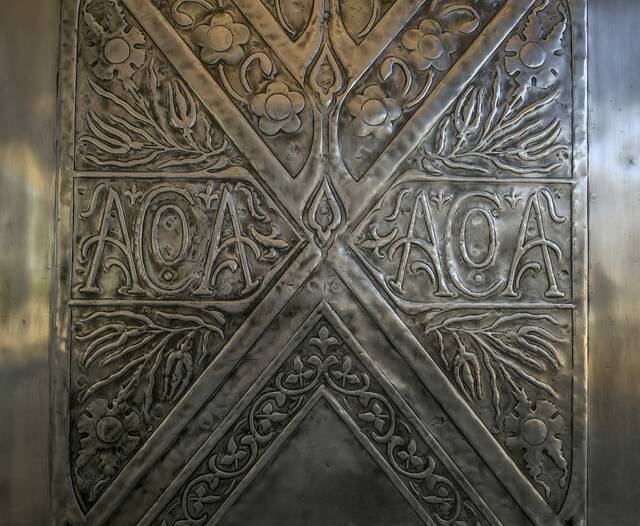Allegheny County is a study in the delicate dance between industry and regulation.
Between coal mining and the steel industry, Pittsburgh was long tarred with a smoky, sooty reputation for being a grimy factory town. It took a lot of work to polish up the Steel City, but one of the things that made it work was a change in what we accepted as a cost of doing business.
Bit by bit, the city, the county and the state made progress, and one of the things that made that possible was putting rules in place to regulate what could go into the air, what could go into the water, and what could be dumped in the ground.
Regulation is not a dirty word.
It’s a ballet of lifts and turns, pivots and dips. Done right, regulation is a give-and-take that keeps our economy humming along and our world as safe as possible.
Done wrong, regulation can be a straitjacket that holds a business tight, preventing it from moving and growing and participating fully in that economy, or a free-for-all that runs wild with no checks to promote responsibility.
U.S. Steel announced this week that desulfurization equipment at Clairton Coke Works is operational once again. The plant has produced higher- than-normal emissions since a Dec. 24 fire that affected the plant’s ability to clean coke oven gas.
The Clairton situation shows why the dance is important. Without regulation, what incentive would U.S. Steel have to make repairs as quickly and thoroughly as possible? Without the economic engine that the steel industry still represents, where would the surrounding communities be?
“We will continue to be aggressive and proactive and hold U.S. Steel and all other polluters accountable,” said Allegheny Health Department Director Karen Hacker in a statement, commending the company for completing repairs ahead of schedule but also acknowledging the unacceptable emissions.
Since 2017, the federal government has rolled back a number of regulations across different departments. Some of those might be straitjackets. But we can’t assume all regulations are. We also can’t assume industry is the enemy.
Pennsylvania owes water that doesn’t run red with mine drainage to regulation and a multi- billion dollar economy to restraint. The dance doesn’t work without both of them.








